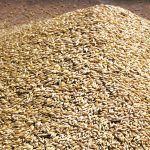Global barley production in 2025/26 is forecast to increase by 2.5 million tonnes in 2025/26, with larger crops in the European Union and Russia more than countering smaller crops elsewhere, according to the latest estimates from the United States Department of Agriculture.











